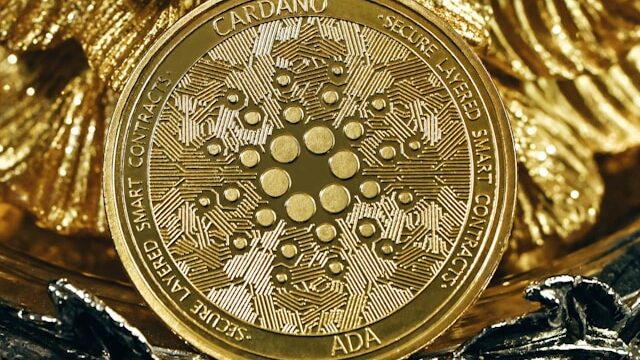
Ethereum is a big name in the crypto space, and so is Cardano. However, Ethereum is far more popular, probably because it was the first smart contract and decentralized applications platform to be created.
While Ethereum is the second largest network after Bitcoin, Cardano is currently the 10th largest. They are both proof-of-stake networks, and both of them are used for building decentralized applications.
However, there are some fundamental differences between the two that are worth noting, especially if you wish to invest in them. Without further waste of time, we go into the differences.
What is Ethereum?
Ethereum is the first and currently the most popular platform for building decentralized applications (dApps).because of its many years of existence, the network has developed to become the most secure network in its class.
While it was first launched as a proof-of-work (PoS) network, the network recently migrated to become a PoS network. This was a strategy to improve the network as it was laden with issues such as low scalability, slow transactions, and so high fees.
However, even with the transition to a PoS consensus, the network still struggles with these issues. As a result, developers have been exploring alternative networks for building their projects.
ETH, the native token for the Ethereum network, is used to pay for transactions and other fees on the network. Because the network is now a PoS network, ETH is also used as a staking token to secure the network, and stakers or validators get rewarded with the same token.
The token also serves as a governance token, allowing those who hold it to vote on future developments for the network.
Ethereum is a reliable platform for building applications with high security and all, but the issue of scalability and high fees still hold it back.
What is Cardano?
Cardano is a PoS blockchain network, just like Ethereum. Although developers also use it to build decentralized applications, its focus is to create an environment for “changemakers, innovators and visionaries” to bring about positive global change.
Another cardinal focus of this project is to “redistribute power from unaccountable structures to the margins to individuals” Cardano places a lot of importance on thorough research to implement any changes to its network.
In fact, all research must be peer-reviewed before they are accepted for implementation. This is a major distinguishing feature that sets Cardano apart from any other crypto project.
The network was launched in 2017, but has evolved significantly, adding new functionalities such as the Alonzo hardfork which brought smart contract functionality to it. The team led by Charles Hoskinson has also launched many other features that have helped to make the network more useful.
One of its main uses is by farmers who use it to track fresh agricultural produce from field to table. The network’s technology is also used to verify and store educational credentials in a tamper-proof way, and retailers also use it to verify goods.
The network’s native token, ADA is used to pay for transaction fees, used for staking to secure the network and also for governance. Because of its design, Cardano is faster than Ethereum because of higher scalability, hence transaction fees are much lower.
Therefore, most crypto users would rather use Cardano for transactions than use Ethereum, and that is a big plus for the network. Hoskinson believes the network will become the number one crypto network in the near future.
Which Is Better?
If you’re a developer looking for a better network to use, choosing between Ethereum and Cardano can be tricky, but it depends on your priorities. If your priority is to use a secure and reliable network, Ethereum would be a great choice. Same if you wish to invest in the token.
However if speed is of the essence and you’re conscious about transaction fees, it would be wiser to go with Cardano.


